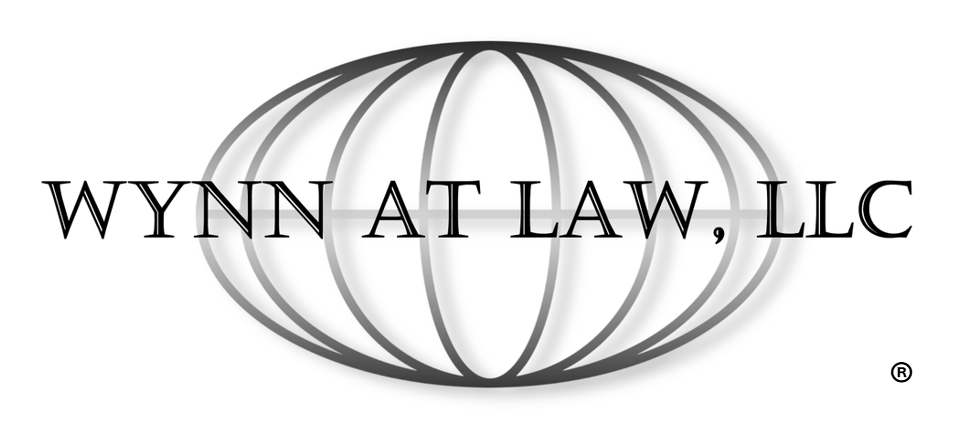Now what do I do?
Once a credit company obtains a judgement against a debtor for failure to pay a debt, the door is opened for the creditor to collect that debt through several methods. Debtors in this situation are often desperate to know which of their assets may be subject to the judgement – their wages, home, car, etc., and what protections are available. This blog will discuss what is at stake and what options are available from the debtor’s perspective.
Automatic lien:
A judgement creates an automatic lien on your real property in the county that the judgement was issued in. The creditor can file the judgement in other counties where you may own property, thus placing a lien on that property as well. As a debtor, it is in your best interest to pay off the lien sooner than later or, before large amounts of interest accrue. Otherwise, once you go to sell or refinance your home, the creditor is entitled to the proceeds.
Debtors with liens against their primary residence may protect themselves by filing a homestead exemption, thus preventing creditors from touching that property and protecting against foreclosure. Like foreclosure, repossessions of vehicles as a means of satisfying a creditor’s judgement are rare. However, things may become complicated here depending on the circumstances, so, if you are worried about foreclosure and repossession, give our office a call to discuss your options.
Garnishment:
Once a creditor obtains a judgement against you, they may also file to garnish your wages. In Wisconsin, a garnishment cannot be more than 20% of your disposable weekly earnings. A debtor is exempt from garnishment if the debtor’s household income is below the poverty line. However, as a debtor, you must claim the poverty exemption – it is not automatic. In most cases, social security benefits are exempt from garnishment.
Bank levy:
In addition to liens and garnishments, a creditor may also attempt to collect the debt by filing for a bank levy. This allows a creditor to satisfy the debt by seizing the funds available in your bank account. However, there are limits as to what a creditor can take from the account – $5,000.00 for unmarried individuals and $10,000.00 for those that are married. Additionally, retirement accounts are almost always exempt from bank levies.
Bank levies are rarer than garnishments and liens because to obtain one, a creditor must know where you bank. However, creditors can obtain this information by filing an order for a supplemental examination, discussed below.
Supplemental examination:
A supplemental examination is a way for creditors to place a debtor under oath to answer questions regarding their assets, income, debts, and other related financial matters. Attendance at the examination is mandatory, and you may be subject to contempt for failure to appear. A creditor can also require you to bring certain documents to the examination, such as a list of all your bank accounts, a list of all property you have an interest in, copies of your tax returns, etc. This way, creditors can find information relating to your employment and bank accounts to place garnishments or levies on them.
Takeaway:
If you have had a judgement placed against you by a creditor, it is best to address the matter quickly to avoid penalties such as contempt for failure to appear at a supplemental hearing, to understand which of your assets may be at stake, and to ensure that you file responses to the judgement on time.
Contact us today for a consultation at 262-725-0175 or our website’s contact page. Wynn at Law, LLC is based in Southern Wisconsin and has three office locations: Lake Geneva, Delavan, and Salem.

